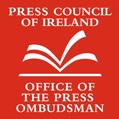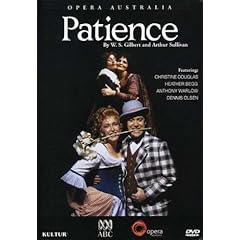Is the Press Council system working?
 With the recent publication by the Press Council and the Office of the Press Ombudsman of their Annual Report 2010 (Report (pdf) | Press Release), it is an opportune time to consider whether the system of press self-regulation by those two bodies is working. I think that, overall, the answer must be yes. Within the remit afforded to the Ombudsman and Press Council, they are working very well indeed. The Ombudsman and Council are energetic in spreading the word about the speedy form of redress which they operate; the growing numbers of member-periodicals show that the industry has embraced the system; and the numbers of complaints show that an increasingly-aware public are taking advantage of it. Apart from the figures, 2010 saw two very important developments: the recogition of the Ombudsman and Council pursuant to the Defamation Act, 2009 (also here); and the extension of their remit to purely online publications.
With the recent publication by the Press Council and the Office of the Press Ombudsman of their Annual Report 2010 (Report (pdf) | Press Release), it is an opportune time to consider whether the system of press self-regulation by those two bodies is working. I think that, overall, the answer must be yes. Within the remit afforded to the Ombudsman and Press Council, they are working very well indeed. The Ombudsman and Council are energetic in spreading the word about the speedy form of redress which they operate; the growing numbers of member-periodicals show that the industry has embraced the system; and the numbers of complaints show that an increasingly-aware public are taking advantage of it. Apart from the figures, 2010 saw two very important developments: the recogition of the Ombudsman and Council pursuant to the Defamation Act, 2009 (also here); and the extension of their remit to purely online publications.
As the Council’s new Chairman, Dáithí O’Ceallaigh, notes in his Introduction to the Report, the year covered by the Report began with the coming into force of the Defamation Act, 2009, section 44 and Schedule 2 of which allowed for the formal recognition of the Press Council, which duly followed in April:
…This has been no mere formality, but a significant and public recognition of the degree to which these new structures, since their institution in 2007, have met the exacting requirements laid down for recognition in the Act, and have contributed to the climate of enhanced accountability and public service within which our press industry operates.





